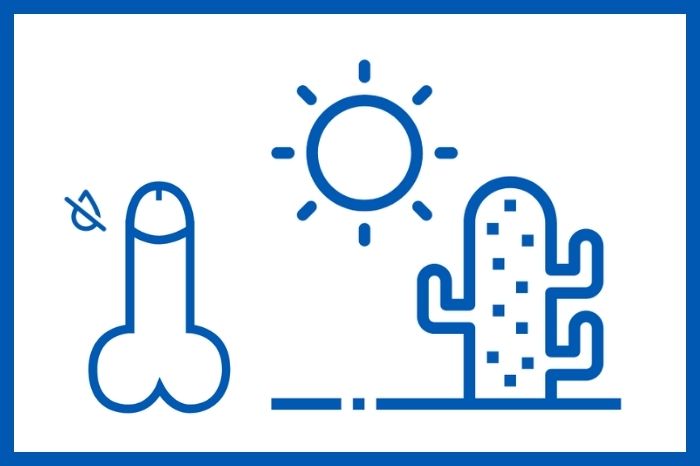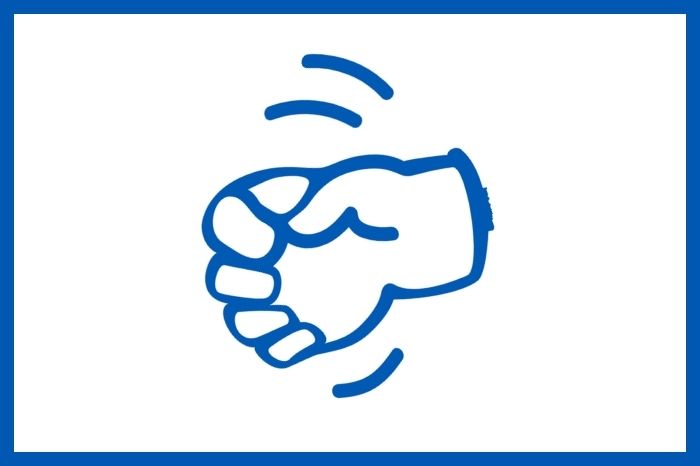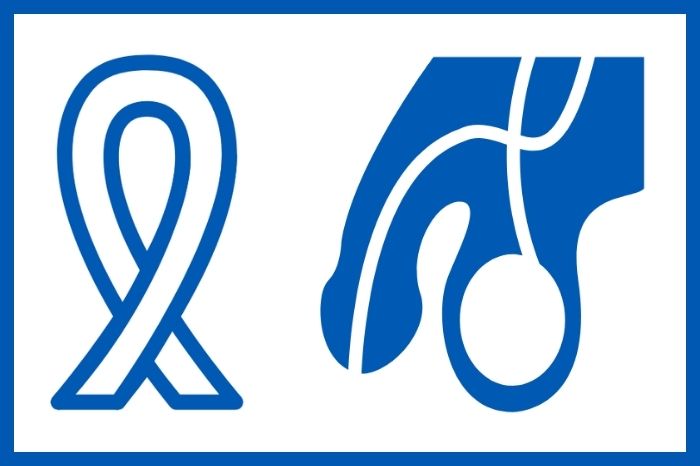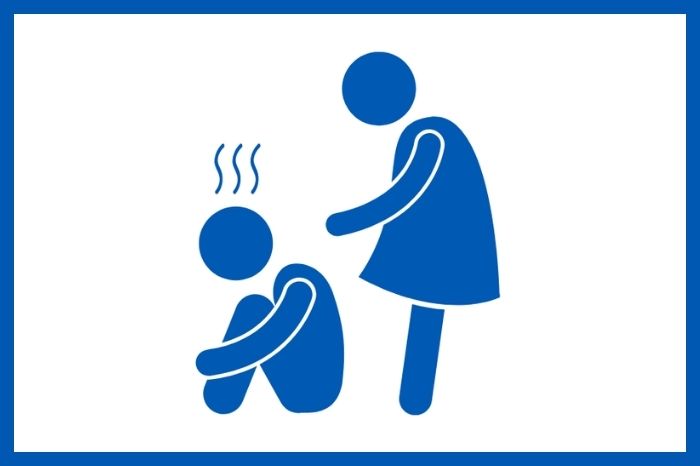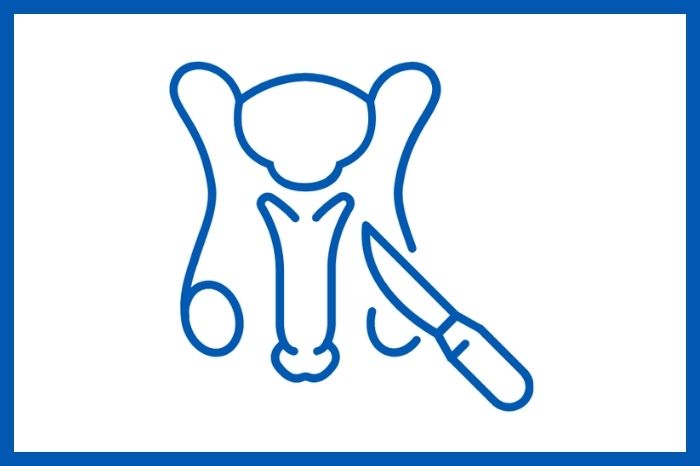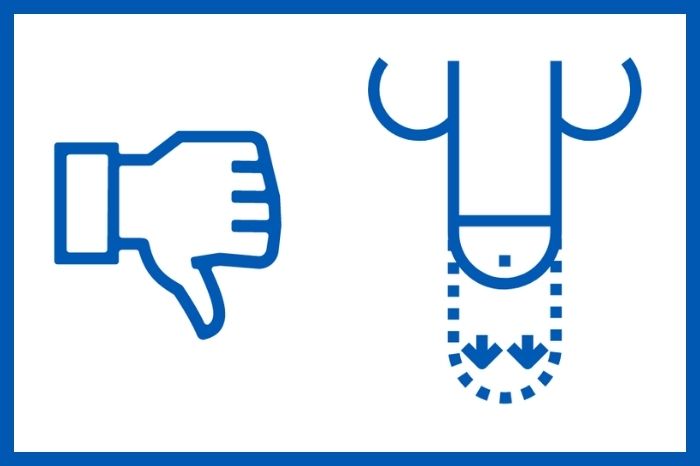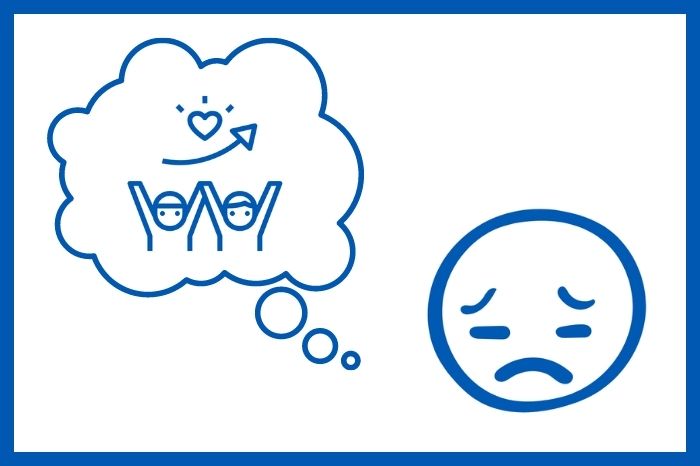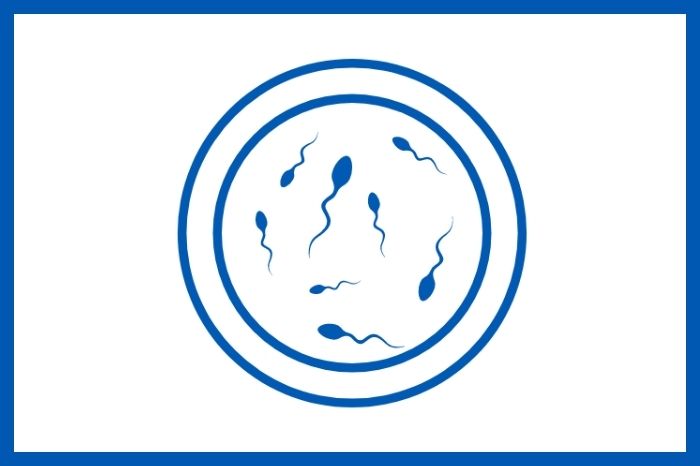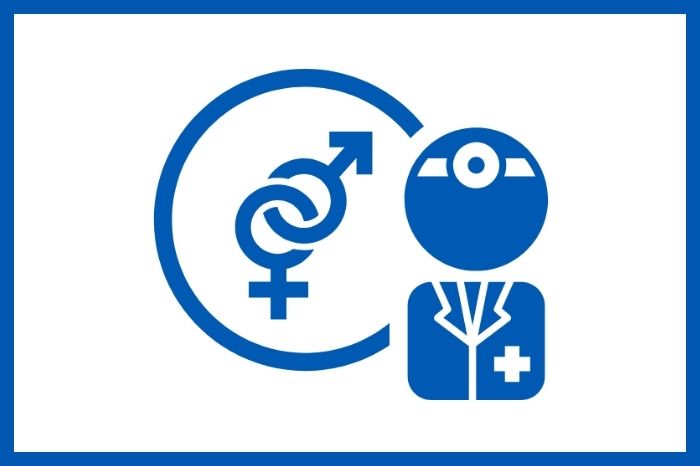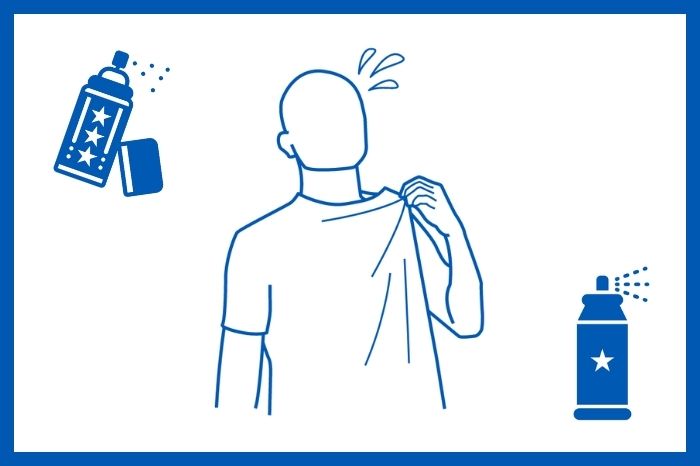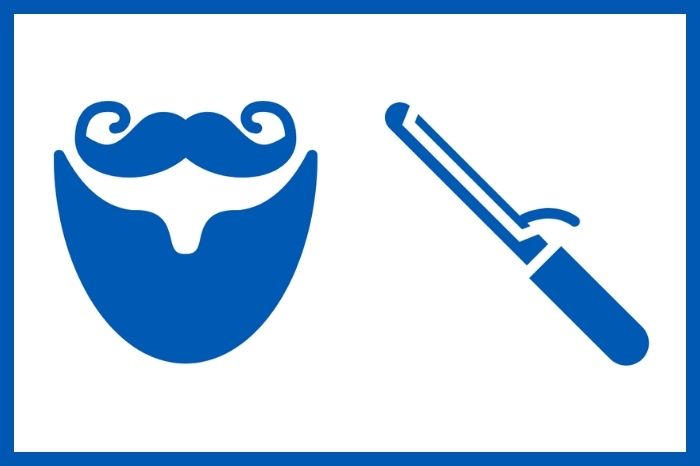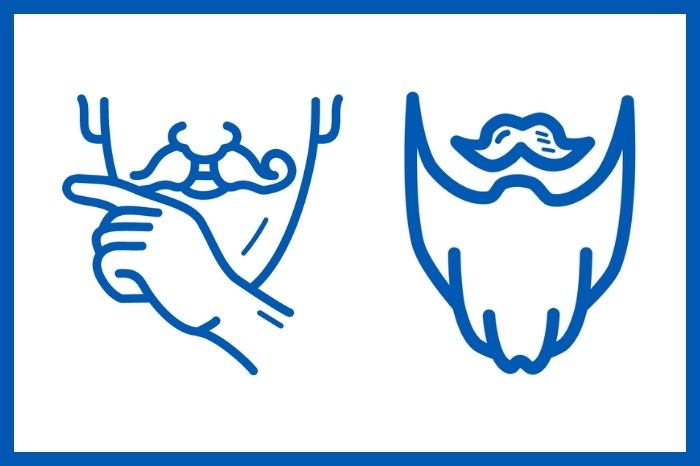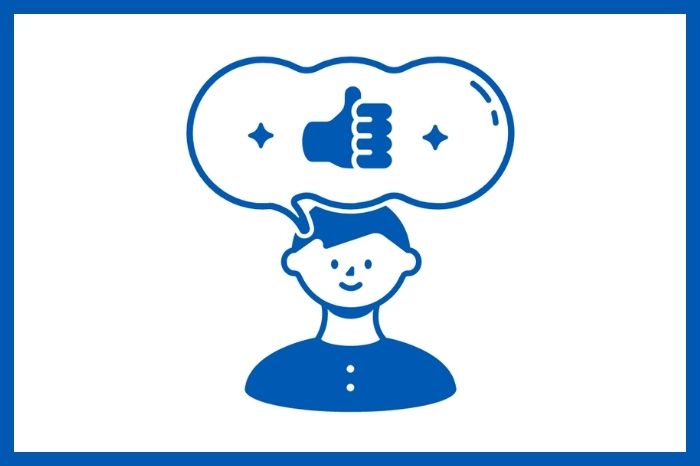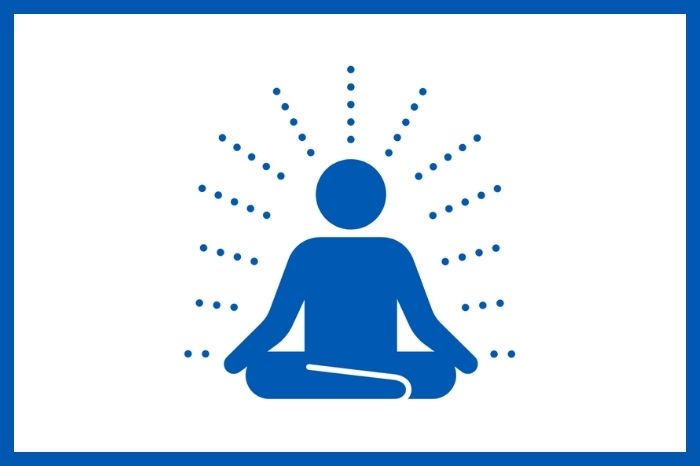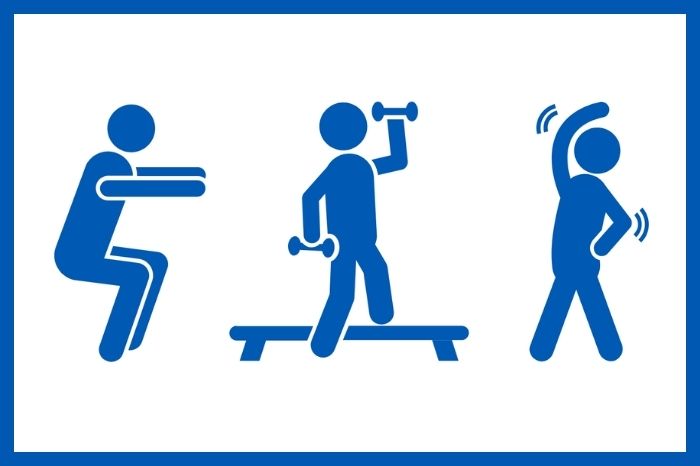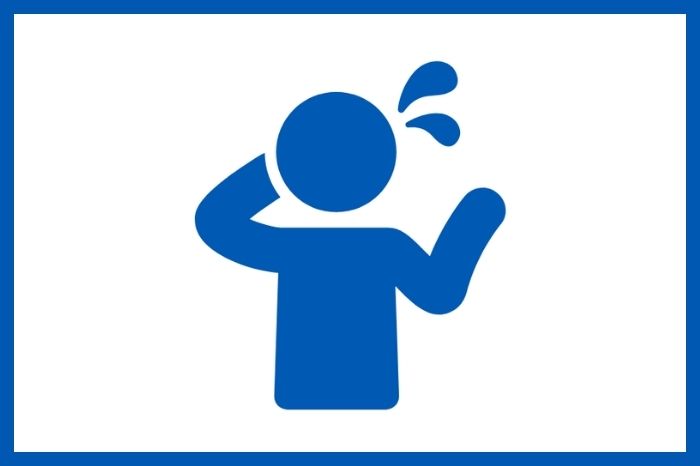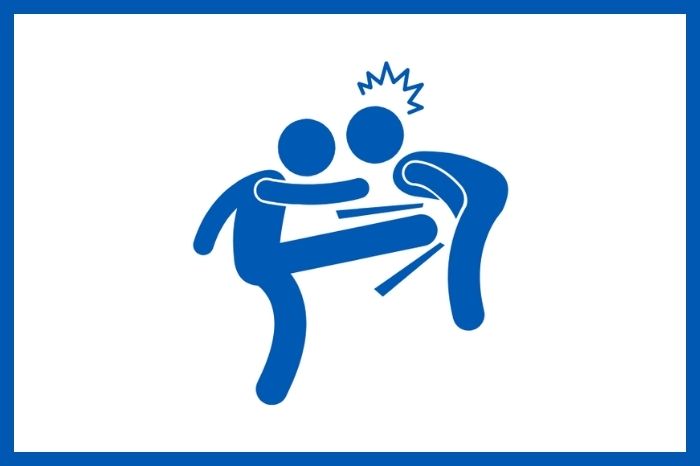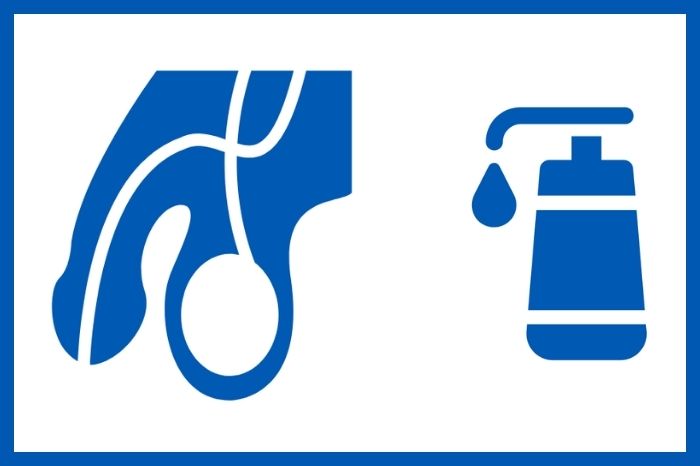Depression and anxiety in men: Understand and learn how to deal
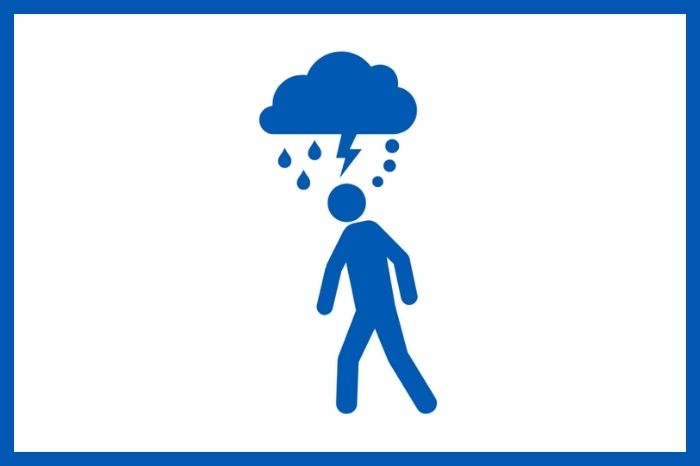
What happens when men suffer from depression and anxiety at the same time? Is it even possible? Well the answer is yes. You can have depression and anxiety and that can be exhausting.
One of the worst feelings in the world is when you find yourself between depression and anxiety. Often, when we hear these terms, we think that someone is suffering from one or the other. They are depressed or suffer from anxiety.
These are separate disorders, but they can affect someone at the same time. Anxiety can be a symptom of depression, actually. It is also quite common to have depression triggered by anxiety.
With these two disorders, it is often not the situation that directly impacts how you feel and what you do, but your perception of the situation. Sometimes what you're thinking can get distorted.
See, everything you feel is valid, but not everything you think is true. It could be that you misinterpret the information, ignore or overgeneralize the issues at hand. It's not your fault, you just think differently.
Anxiety is nothing but excess worry
When you feel depressed and anxious, you may have distorted thoughts about the world around you, worry about the past, present or future.
One of the founders of cognitive behavioral therapy, Dr. Aaron Beck believed that people who suffer in this way have a lot of pent-up hostility toward themselves. It's called retroflected hostility.
You can recognize this in your own life if you are very self-critical and have negative thoughts about yourself. Feeling depressed from time to time is normal. Even feeling anxious occasionally is normal, but when you have these symptoms for weeks and weeks on end, you may be suffering from depression and/or anxiety.
Anxiety symptoms in men
You may have loss of appetite, insomnia, or low energy levels. You might be thinking "just stay in the cave, hibernate and don't go out, don't do anything, nothing will ever work." This is the side of the anxiety equation that makes you want to just disappear or do nothing. You may have the feeling that you want to freeze time or get out of it completely.
Another symptom is bad dreams. Do you have dreams where you are scared, alone and always being victimized? Well, Dr. Beck looked into the dreams of depressed patients and found that they often experienced unpleasant events in their dreams. It's a symptom that you may be stuck between depression and anxiety.
There is something called the cognitive triad that I want to share with you. The cognitive triad is a therapeutic framework for analyzing key elements of a person's belief system. This was first formulated by Dr. Aaron Beck in his book Depression: Causes and Treatment (see Amazon ). It's worth committing!
How do depression and anxiety work?
It is like this: a person experiences negative views about himself. This leads to negative views of the world around them; then to negative views about your past, your present or your future. This process then begins again with greater intensity. It goes round and round, gaining more and more strength.
Positive ideas and information are blocked in your mind and negative ideas are reinforced and amplified. You start attributing negative events to your failures during life, even when the facts point to something else. This only serves to strengthen your negative core beliefs.
Positive information no longer fits in your mind, no matter how relevant or true. In fact, positive information is reworked inside your mind and reshaped to look like something negative, and that's the only data your mind accepts.
If this all sounds too familiar, you shouldn't bear it alone. In fact, you are not alone. Men are more likely to hide their feelings and turn to drugs and alcohol as a way to cope. But that, as you can imagine, is far from the solution.
How to fight depression?
You shouldn't give up hope and you shouldn't try to deal with poor mental health on your own. It is not a sign of weakness to talk to a therapist or psychiatrist. Some treatments don't even involve medication.
In more than 100 documented case studies, cognitive behavioral therapy was found to be as effective as medication for treating depression and anxiety.
Part of what a cognitive-behavioral therapy therapist does is help you create a dialogue between what you're thinking and how you feel. The goal is not to produce a good feeling or 100% happy thoughts, but to create a sense of balance that you can manage.
To combat depression and anxiety, it can be helpful to schedule activities that you find enjoyable. Your mind might be telling you not to do anything or you might not feel like moving, but that's exactly what you should do.
You should think of things that brought you joy before your depression started. What activities did you like? Make a list of things you can do to create a sense of integrity. Then see if you can slowly return to these activities.
How to fight anxiety?
To combat anxiety, it can be helpful to gently begin to confront the things that trigger it and reflect on how you feel. For example, if you suffer from social phobia anxiety, you might explore ways to engage with other people in a way that feels safe to you.
You can join a small group of activities, like a book club, or rekindle an old friendship through social media. It can help to think of social anxiety as a hot tub or pool. If you start slowly and slide your toes, then your feet and legs... before you know it, the water doesn't feel so hot anymore.
Surround yourself with positive ideas and affirmations. You can use sticky notes or write in a journal. You can post messages to yourself on your smartphone or follow social media profiles that regularly post positive messages. The goal is to get out of the bubble of negative thoughts that dominate the way you process information.
There are many other ways to get out of that paralyzed feeling of being sandwiched between depression and anxiety. It helps to talk to someone who can listen and use the experience to help you feel and think better.
Here are some ways to deal with depression and anxiety more naturally. However, in certain cases it is necessary to use medication.
Even if you need medication at first, you can and should seek alternatives, such as therapy, practicing an activity you like, etc., to gradually reduce medication.
In any case, be sure to seek help.
